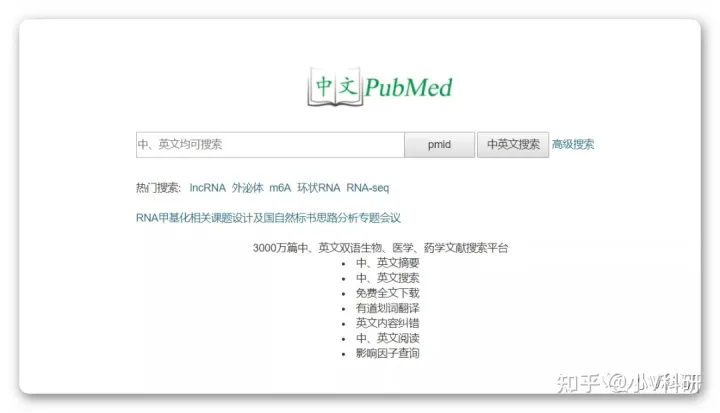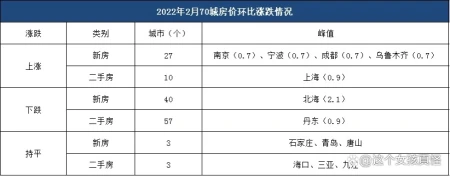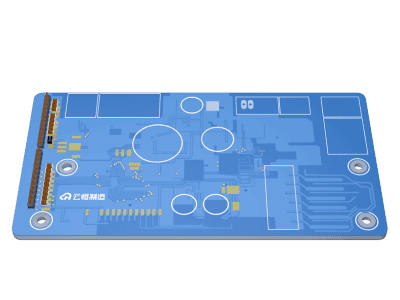学习英语:使用英语介词最常犯的15个使用错误(常见的英语介词的用法总结)
介词连接名词和代词,并提供必要的细节来告诉读者何时、何地或如何发生某事。例如,最常见的介词是:of、in、to、for、with、on。如果你在介词上犯了错误,那会很明显,听起来就像是英语不好。通过研究使用介词的正确方法来避免常见错误很重要。以下是小编好不容易整理的使用英语介词时最常见的15个错误示例。

错误1
以介词结尾的句子被认为是不好的语法。虽然因为在某些情况下以介词结尾的句子可能听起来更好,但它仍然被认为在语法上不正确。例如:
错误: Where is my phone at?
正确: Where is my phone?
我的手机在哪里?
错误2
虽然介词有助于形成句子,但有时人们会过度使用它们并包含太多内容。这使得句子冗长而冗长。
错误:The expression of the teacher was impatient.
正确:The teacher’s expression was impatient.
老师的表情很不耐烦。
错误3
永远不能使用介词“of”代替“have”。这是人们在没有意识到的情况下最常犯的错误之一
错误: I should of gone to the movie.
正确: I should have gone to the movie.
我应该去看电影。
错误4
不加选择地使用“like”这个短语会使你的写作听起来很草率。相反,使用“好像”或“好像”这样的代词会更好一点。
错误: She looked like she was tired.
正确: She looked as though she was tired.
她看起来很累。
错误5
在提到运动时,用“into”代替“in”在语法上是正确的。
错误: I jumped in to the river.
正确: I jumped into the river.
我跳进了河里。
错误: He threw the ball in the basket.
正确: He threw the ball into the basket.
他把球扔进了篮筐。
错误6
如果你用不同的词来比较一个名词,你必须在它后面加上from。人们有时会说“different than”而不是“different from”。虽然这在理论上不是语法错误;使用 from 会更好一点。
错误: Your family is different than mine.
正确: Your family is different from mine.
你的家人和我的不一样。
错误7
不定式是动词的基本形式。每当你在句子中使用不定式时,它必须伴随着助动词。
错误: He wants see the Alps in Switzerland.
正确: He wants to see the Alps in Switzerland.
他想看看瑞士阿尔卑斯山。
错误8
在讨论时间时,您使用的两个介词是“for”和“since”。当使用“for”这个词时,你是在测量时间,而当使用“since”这个词时,你指的是一个特定的时间。
错误: She had been driving since four hours.
正确: She had been driving for four hours.
她已经开车四个小时了。
错误: I haven’t seen him for last year.
我去年没见到他。
正确: I haven’t seen him since last year.
自去年以来我就没有见过他。
错误9
量化一个动作需要使用诸如“大约”、“周围”、“最多”之类的词,它们有不同的含义——它的意思是“尽可能地”,而不是“大约”。
错误(如果意思是“大约”): I used up to 3 cups of flour to make the cookies.
我用3 杯面粉做饼干。
正确: I used about/around 3 cups of flour to make the cookies.
我用了大约3 杯面粉来制作饼干。
错误10
“at”和“to”的误用是另一个常见的介词错误。“At”是指事物在哪里,“to”是指去那里的一个地方。将这些混合在一起会导致一个非常混乱的句子。
错误: They arrived to the school.
正确: They arrived at the school.
他们到了学校。
错误: We went at the mall.
正确: We went to the mall.
我们去了商场。
错误11
介词通常跟在名词或代词之后,以形成连贯的句子。但是,也有例外需要介词才能有意义。例如,“afraid of”、“love of”、“concern for”、“study for”和“worry about”。如果你不在这些后面加上介词,你的句子就没有意义。
错误: I am afraid sharks.
正确: I am afraid of sharks.
我害怕鲨鱼。
错误: I made sure to study my exam.
正确: I made sure to study for my exam.
我确保为考试而学习。
错误12
在时间方面,“in”和“for”可用于一般测量,而“on”或“at”用于特定日期。
错误: He showed up for midnight.
正确: He showed up at midnight.
他在午夜出现。
错误: Sarah made sure to be home at dinner.
正确: Sarah made sure to be home for dinner.
莎拉一定要回家吃晚饭。
错误13
如果正在讨论特定地点或地址,则必须使用“at”一词。没有其他介词可以代替它。
错误: The school is located in the main intersection.
正确: The school is located at the main intersection.
学校位于主要十字路口。
错误14
在指代特定区域时,您可以使用的唯一介词是单词“in”。这适用于各大洲、国家、城镇和任何其他地理区域。
错误: The most delicious baguettes can be found at France.
正确: The most delicious baguettes can be found in France.
在法国可以找到最美味的法式长棍面包。
错误15
人们在使用介词时犯的一个不太常见的错误是在它后面加上一个动词。如果在介词后加动词,则必须以“-ing”结尾。
错误: I slept before run.
正确: I slept before running.
我在跑步前睡觉。
以上是容易搞混的英语介词使用错误示范,在使用时可以参考以上正确做饭,学习更多内容可以收藏加关注!更多有用知识点后续会继续更新!













